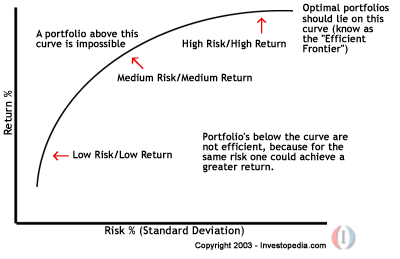I love credit cards.
I do, they allow me to postpone my payments for an extra month and earn a modest return on the cash in my bank account before I have to pay the bill. Over time the little bits of interest will compound to make me wealthier. On top of that, I make 1% back towards Amazon purchases!
Then why are credit cards so widely despised? I had a friend ask me why I used a credit card instead of a debit card.
I replied, "I don't understand."
"Well, with a debit card you can only spend as much as you have."
I replied, "That's all I spend with a credit card."
To which she said, "Oh."
"What?"
"Well, I couldn't do that. I'd spend more." She conceded.
Therein lies the problem; consumer perception of the credit card allowing us to spend more than we have. When you do this, you incur debt, and instead of getting paid interest, you're paying interest to someone else. Compounding works both ways, and when you go into debt and are unable to pay it off, that debt increases exponentially. If you are the kind of person who cannot avoid eating food when it is on the table, credit cards may not be right for you.
Never spend more than you earn. The only -ONLY- exceptions to avoiding debt are: taking on a mortgage and student loans (and those are also to be avoided at all costs). Otherwise, never spend more than you have. You will never have problems with this strategy. You will always have money left over. Everyone is happy.

To use a credit card you must treat it as cash in the bank. You might also consider it a loan from the school bully who expects his money back tomorrow. Or pretend someone is following you around watching everything you do until you pay it back (because they are). The important thing is to change your perception of a credit card from "credit card" to "cash card". If you would withdraw $50 from the ATM, mentally put $50 on your card. If your account is empty, leave the card at home.
Never abuse the card. The interest YOU PAY on credit card debt is three to four times that you might earn on the most aggressive investments in high yield bonds or leveraged stocks.
If you respect the card, it is a useful tool to get a little bit of extra interest on your cash deposits.










Log in to comment